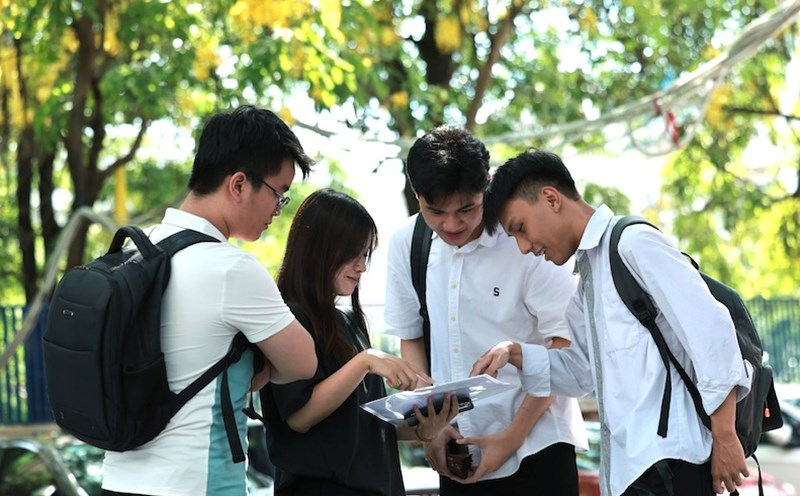On March 10, 2025, a traffic accident occurred between two technology taxis owned by the same company. Both vehicles were delivered to drivers who are company employees and used legally under labor contracts. The insurance company's appraisal determined that the fault belonged entirely to the driver of car A, causing a loss of about 40 million VND to car B.
However, the insurance company has refused to pay compulsory civil liability for the damage to the B vehicle, citing the "no third party" - because both vehicles belong to the same owner. The management company then required the driver who caused the accident to self-compensate for all damages.
The victim's family asked: Is the insurance company's compensation denial in accordance with the law? Is the stolen vehicle considered a "third person" or not according to Decree 67/2023/ND-CP?
Without a third party, insurance can refuse compensation
According to the Insurance Management and Supervision Department (Ministry of Finance), based on current legal regulations, the argument of insurance companies is that there is a legal basis.
Specifically, according to Point a, Clause 5, Article 3 of Decree 67/2023/ND-CP, "third person" is defined as a person who is affected by damage to health, life, and property caused by motor vehicles, except for: the driver, the person sitting on the vehicle, the passenger on the vehicle itself and the vehicle owner, unless the owner has handed the vehicle over to another organization or individual for ownership and use.
In the above incident, both cars belonged to the same owner (technology taxi company), and were given to the company's staff to control. Thus, legally, damaged vehicles cannot be considered "asset of a third party". Therefore, property damage between the vehicles and the owner will not be subject to compensation under compulsory civil liability insurance.
In addition, Article 7 of Decree 67/2023/ND-CP also clearly stipulates that the scope of insurance only includes non-contractual damages to third parties, and some exclusions such as property damage not belonging to third parties, indirect damages, or caused by drivers violating alcohol concentration, using stimulants, etc.
Does the driver have to compensate for all damages?
Regarding the responsibility of the driver causing the accident, the 2015 Civil Code (Articles 601 and 600) stipulates: The driver of a vehicle assigned by the owner to own and use will be responsible for compensation for damages caused by high-risk sources, if there is no other agreement.
Therefore, if the labor contract or company's internal regulations stipulate material liability in cases of damage caused by personal errors, employees may be required to compensate. However, the compensation level needs to be considered based on the factor of errors, actual damage and specific regulations in the contract.
What should the family do if they think the insurance company is refusing to accept it?
In case of disagreement with the compensation refusal decision of the insurance company, the family can:
Submit a complaint to the insurance company requesting a written explanation of the legal basis for refusing compensation;
Sending a petition to the Department of Insurance Management and Supervision - Ministry of Finance;
file a lawsuit at the competent People's Court if the parties cannot reach an agreement.
However, with the current legal basis as analyzed above, the possibility that the insurance company complies with regulations is very high. The family should focus on working with the management company to negotiate a reasonable compensation plan, and may request a reduction in the responsibility based on professional factors, circumstances, and the nature of unintentional errors.











